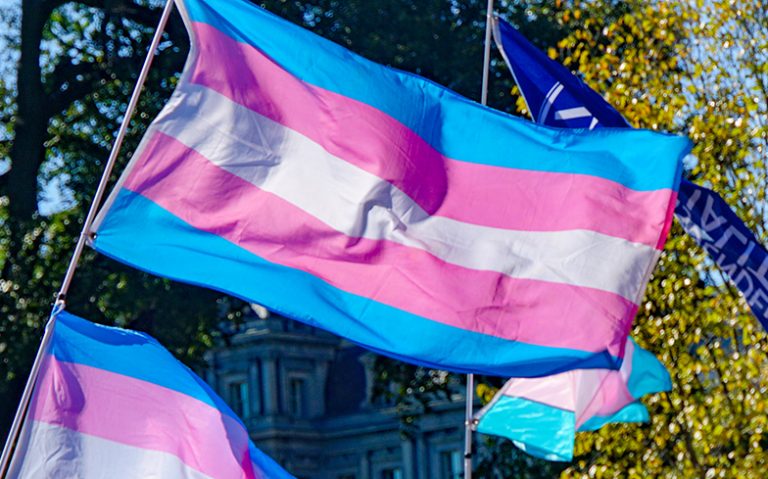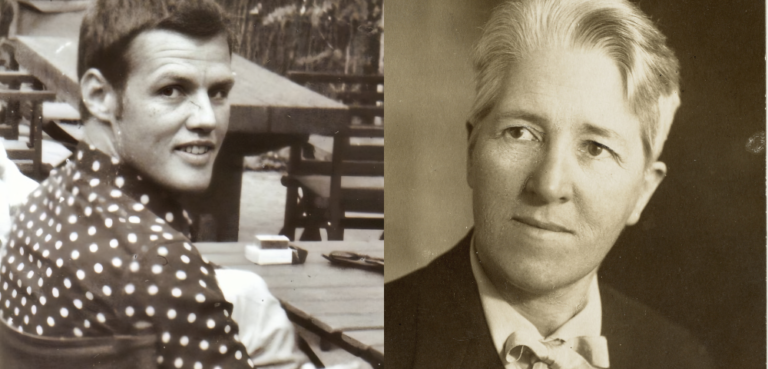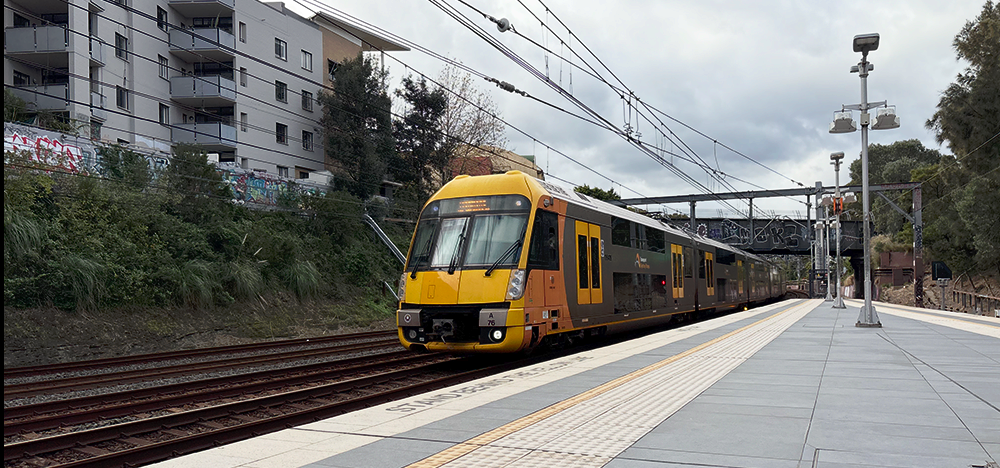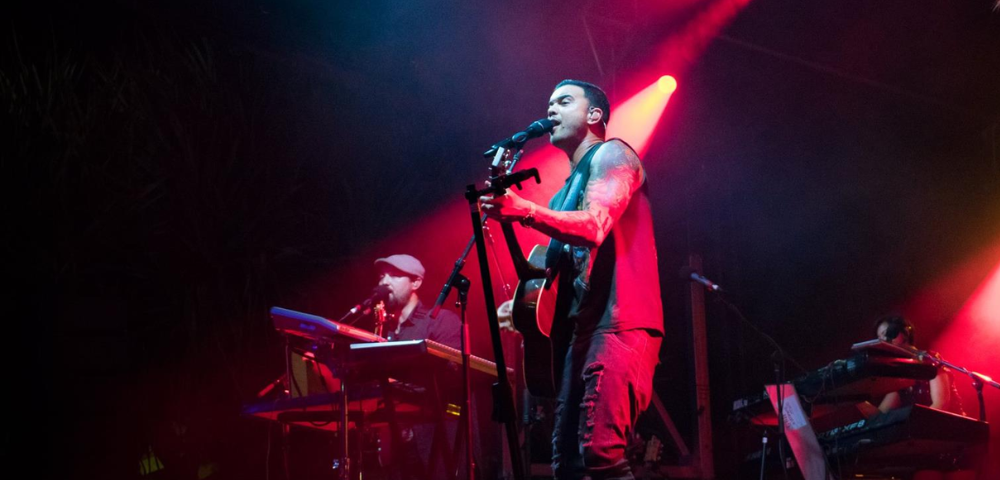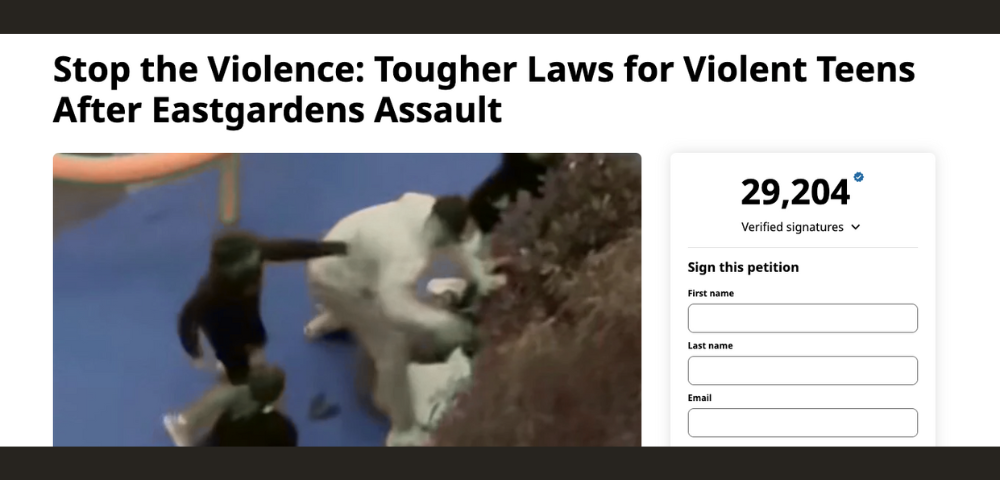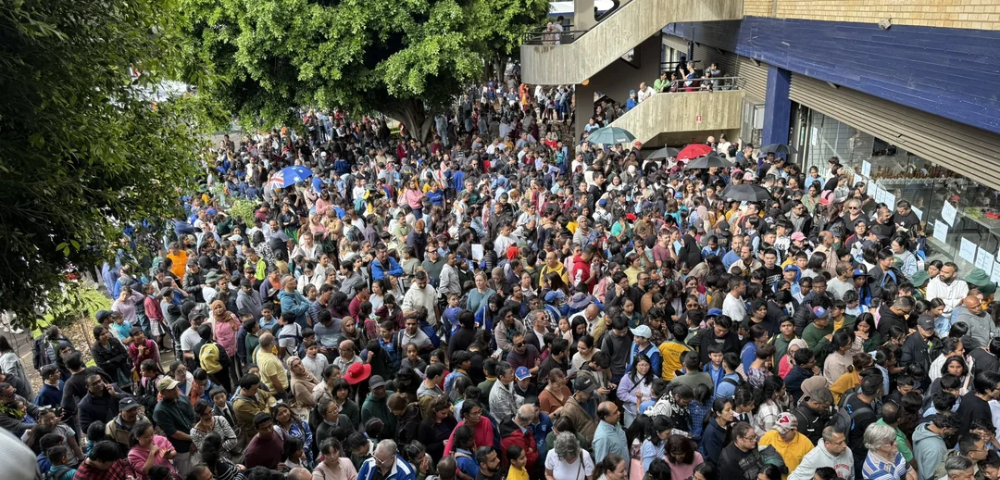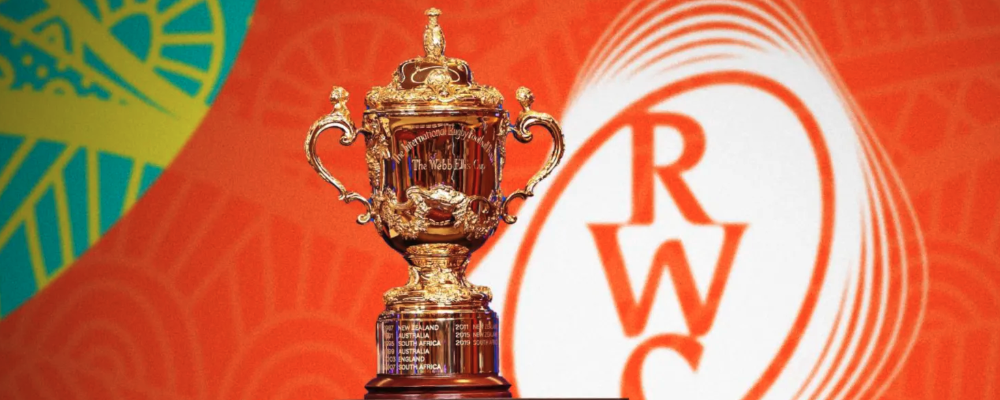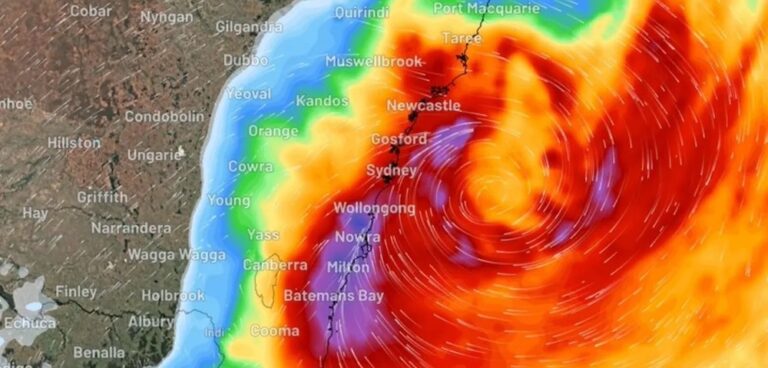
Outside the black hole of Australian detention centres
The Department of Immigration is treating detention centres as a “black hole” say refugee advocates, and this is directly impacting on public perceptions of asylum seekers.
Campaigns co-ordinator at the Asylum Seeker Resource Centre in Melbourne, Pamela Curr, says the outpouring of hate and racism in the Adelaide Hills that followed the announcement of plans for a new detention centre in the area, stems from a lack of information and understanding about refugees.
“By denying the media access to detention centres they have created a huge bogey of fear in the community,” Ms Curr said.
“We have now in Australia people who are afraid of asylum seekers, and who are reacting with anger and racism in many cases.”
Darwin-based correspondent for The Age and Sydney Morning Herald Lindsay Murdoch says it is a constant battle to try and tell the stories of asylum seekers with the Department of Immigration operating under an unreasonable level of secrecy.
“It’s very difficult. The stories of these people are basically not being told. We do get information through lawyers, but that’s very scatty,” Mr Murdoch said.
He believes the public would have a lot more sympathy for detainees if they could hear their stories.
“But that is the last thing the Department of Immigration wants,” he said.
In September, 76 Afghan asylum seekers, many who had had their refugee claims rejected, broke through an electrified fence of the Darwin detention centre and staged a roadside protest.
“They weren’t planning to run away, they just wanted somehow to get their stories told,” Mr Murdoch said.
Journalists were blocked by police from speaking with the men. When one asylum seeker threw a message in a bottle to the media pack, NT police ripped the message from the hands of a journalist.
“That’s the length that authorities go to to stop these people from having their stories told,” Mr Murdoch said.
According to the Department of Immigration, the media blackout of detention centres is to protect the safety of the families of asylum seekers in their country of origin as well as the asylum seekers themselves if their claim is rejected and they are deported.
“Even if someone may not have their claim upheld, simply the fact they have left their country and sought asylum, can bring on to them a level of attention from the government and potentially a risk of persecution,” said Department of Immigration spokesperson Cian Murton.
Asylum seeker advocates say the asylum seekers themselves are aware of the dangers and it should be their decision if they want to have their stories told.
“If the department really think that someone being in the public arena is enough for them to be subject to political persecution when they return then they probably have a justifiable refugee claim,” said spokesperson for the Refugee Action Coalition Ian Rintoul.
“Usually the department is quite contemptuous of an argument that someone being sent back to China, Iran, Iraq or Sri Lanka would be in danger simply by virtue of their asylum seeker claim, and I could point to Refugee Review Tribunal decisions and the offshore decisions which say there is no danger to people. “
“Our experience is there is danger, so we are careful, and the refugees themselves are careful about what information is available to the media, so their families wouldn’t be put in danger.”
Pamela Curr says there are legitimate reasons why people need to be protected, but there is no reason why the Australian government should treat detention centres as some sort of black hole.
She says the Department of Immigration’s claim that people in detention are free to contact the media at any time is “blatantly misleading”.
“How can you claim that four phones for 600 people is an adequate and possible communication tool?” Ms Curr said.
“It is virtually impossible to speak to detainees in Darwin, Curtin and the isolated detention centres.
“I have rung for three weeks to speak to a man in Curtin and I have still not made contact.”
Detainees are moved from centre to centre without being told where they are going, and their family and friends can also not find out when they call the centres.
“It is not a fit situation to exist in a democratic country like this,” Ms Curr said.
The Press Council of Australia believes the Department of Immigration places too many restrictions on the media, but has has been fairly quiet on the issue since 2004. The council’s executive secretary Jack Herman says it would take a lot of pressure to lift the veil of secrecy.
“The media has been challenging it. It’s just a matter of there being greater pressure on the Government and the department to vary these rather draconian rules in particular cases, particularly where asylum seekers want their stories known,” Mr Herman said.
BY LIZ CUSH




